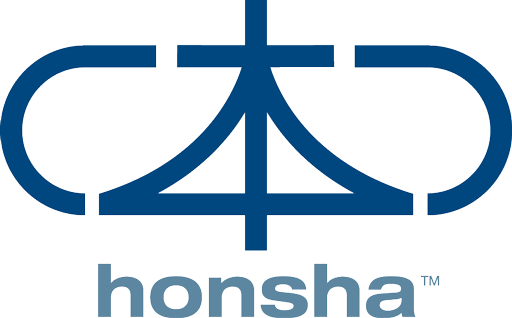
Getting great, sustainable results are vital to building a company that is competitive in the marketplace for the long term. But a blind focus on results can lead to short term thinking that will soon drive a company out of business. Great companies learn how to balance the need for great results with the ability to understand that it is a process that leads to the results, good or bad, and that in order to grow and learn we must know exactly how we attain those results.
The figure below represents this thinking. We all want great results and great process, represented by the upper right-hand box. No one wants bad process and bad results, as represented by the lower left-hand box. These two are obvious. An important question to ask yourself about your company is which of the remaining boxes represents your thinking and actions? Given a choice, which box would you choose?
We call the upper left-hand box the “Luck” box. We got the results but we don’t know how we did it. How repeatable and sustainable are these results? Can we count on being lucky? Will the owners/shareholders be content with a long term strategy of “We hope we get lucky”?
We call the lower right-hand box the “Learn” box. We know exactly how we got our results therefore we can learn and improve the process thus improving our results. You can’t get from the “Luck” box to the upper right-hand box. But you can get there from the “Learn” box. This is the key to long term sustainability and continuous improvement.
Darril Wilburn
Partner of Honsha.ORG and Niwaki, Faculty Member of the Lean Enterprise Institute and active speaker on Lean Principles around the world. At Toyota Motor Manufacturing, he studied the Toyota Production System as a student at the OMDD (Operation Management Development Division), developed and implemented the Toyota Way 2001 at Toyota’s largest factory in North America, worked with The Toyota Institute in Japan to implement the TBP (Toyota Business Practice) and led the global pilot of this program.
Click here to read other articles from Honsha.ORG.
Follow us on YouTube.
Your Content Goes Here
Your Content Goes Here





